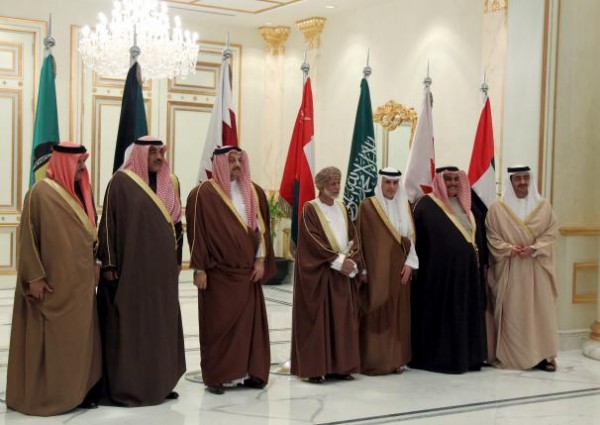
Saudi Arabia may take further measures against Iran after cutting ties with its regional rival this week, the Saudi foreign minister said on Saturday, in a major row over the kingdom’s execution of a Shi’ite Muslim cleric.
Adel al-Jubeir’s comments came in a press conference after an extraordinary meeting of the foreign ministers of the Gulf Cooperation Council (GCC), convened to discuss tensions with Iran after attacks on Saudi diplomatic missions there.
“We are looking at additional measures to be taken if it (Iran) continues with its current policies,” Jubeir said, without elaborating on what these measures could be.
In Iran, protesters stormed the Saudi embassy in Tehran, prompting Riyadh to sever relations. Tehran cut all commercial ties with Riyadh, and banned pilgrims from traveling to Mecca.
“The escalation is coming from Iran, not from Saudi Arabia or the GCC …. We are evaluating Iran’s moves and taking steps to counter them..things will be clearer in the near future,” Jubeir said.
After the meeting the GCC, which comprises Saudi Arabia, Bahrain, Qatar, Oman, Kuwait and the United Arab Emirates, condemned what they said was Iranian interference in the internal affairs of Saudi Arabia and the region.

Jubeir also said his country had asked the Organisation of Islamic Cooperation, of which Iran is a member, to convene an extraordinary meeting to discuss the aggression against its embassy.
Iran has said the kingdom is to blame for the diplomatic crisis.
In a letter to the U.N. Secretary-General Ban Ki-moon published by Iranian news agencies earlier on Saturday, Iran’s foreign minister Mohammad Javad Zarif complained about Saudi Arabia’s “provocations” towards Tehran.
REUTERS

Leave a Reply
You must be logged in to post a comment.